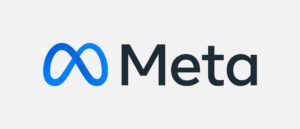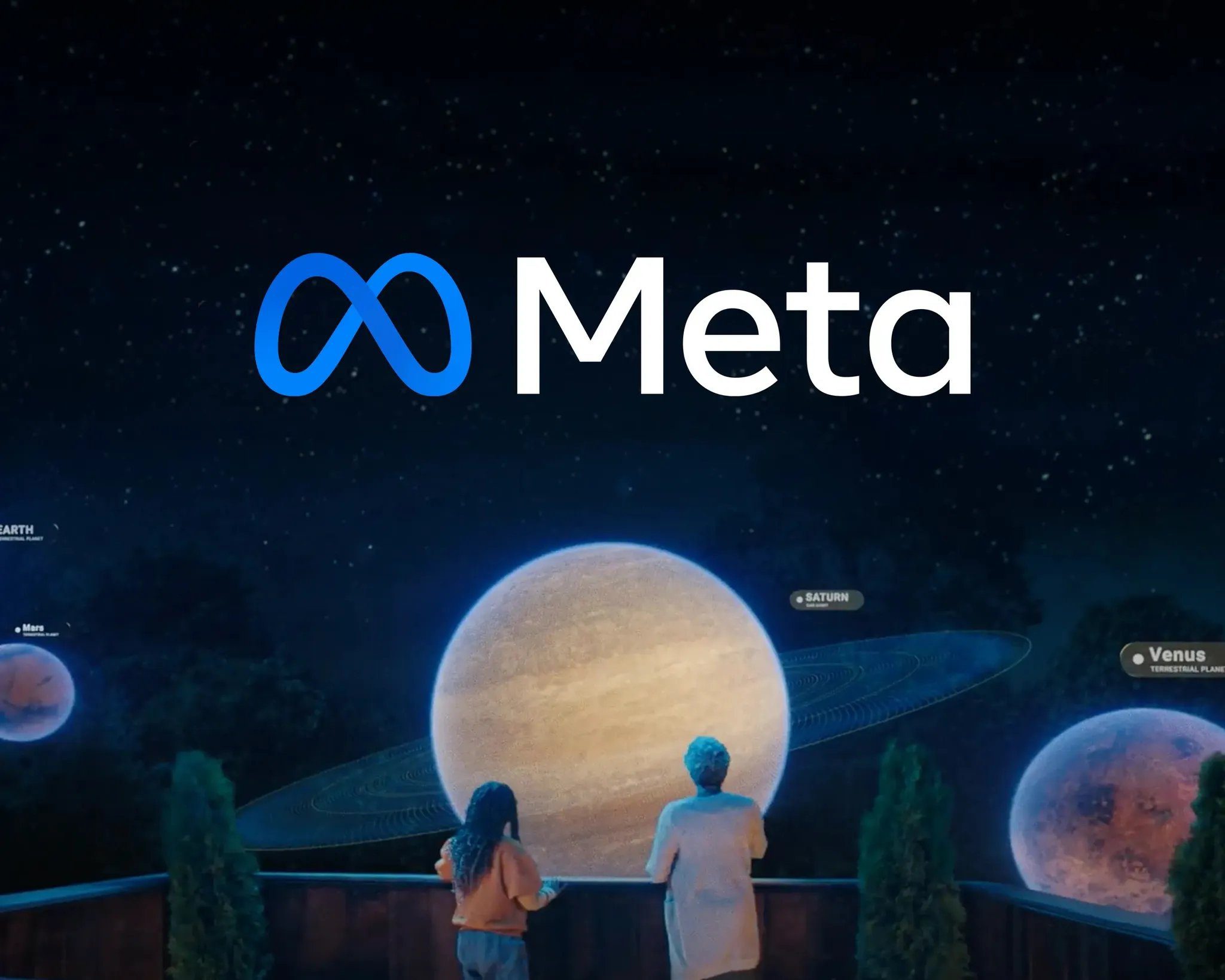Meta Platforms Inc which is the parent company of Facebook, WhatsApp and Instagram will from January of 2023, make use of Credit Reference Bureaus (CRBs) in Kenya to set up the profiles of traders that carry out advertising on its social media platforms.

The move is in a bid to reduce the increasing cases of payment defaults.
The stricter measures regarding credit are part of Meta Platforms Inc’s updated terms and conditions which will be implemented from the 3rd of January 2023 and would lead to a number of advertisers needing to make upfront payments for any advertising efforts they carry out on Instagram and Facebook.
It is believed that Meta Platforms Inc., is looking to defend its bottom line from its non performing accounts at a time when the Kenyan government wants all companies doing business online to pay the Digital Service Tax (DST) which is currently equivalent to 1.5 percent of the gross transaction value.
Read Also: Meta Is Now Accepting Crypto Advertisements
The checks by the Credit Reference Bureaus (CRBs) will make it possible for Meta Platforms Inc., to effectively figure out the creditworthiness of an advertiser and then determine whether to label them as non invoiced or invoiced.
As it stands the social media giant gets back the money from advertisers as soon as a thirty (30) day period elapses. Overtime a substantial number of traders have been unable to pay what they owe within the window after carrying out promotions on the Meta Platforms Inc., social media networks.

Meta Platforms Inc. made it known in its updated terms of service that, “By placing an order, you authorise us to obtain your personal and/or business credit report from a credit bureau, either when you place an order or at any time thereafter.”
It added that, “Non-invoiced clients are those who must make payments at the time of purchase itself. In its sole discretion, Meta may classify clients as invoiced clients based on factors such as ad spend and creditworthiness.”
The decision by Meta Platforms Inc., to begin using reports by the Credit Reference Bureaus (CRBs) will occur simultaneously with the reforms by the Kenyan government with regards to the credit information sharing system.
Read Also: Meta Will Now Allow Cryptocurrency Payments On WhatsApp
In September of 2022 President William Ruto made it known that the goal is to move away from the negative listings of defaulters, to a fresh method of credit score rating that will not stop borrowers from securing credit based on their Credit Reference Bureau (CRB) scores.
President William Ruto added that the move will release over four (4) million Kenyans from negative listings on the Credit Reference Bureaus (CRBs) especially Small and Medium sized Enterprises (SMEs) that have still not bounced back from the economic difficulties they faced during the Coronavirus pandemic.

Meta Platforms Inc. revealed that its new terms of service will begin to levy an interest at one (1) percent each month on all payments from its advertisers that are overdue. The decision is in line with its resolve to successfully discourage advertisers from using its advertising services and not paying for said services.
According to Meta, “If your payment method fails or your account is past due, we may take additional steps to collect past due amounts. You will pay all expenses associated with such collection, including reasonable legal fees. Past due amounts will accrue interest at one percent per month or the lawful maximum, whichever is less.”
Read Also: 75 Percent Of Twitter Workers Could Lose Their Jobs
In addition Meta Platforms Inc., will be sharing user information with investigative authorities and tax authorities as part of its digital taxes law compliance.
As a result, all businesses that are looking to advertise on the Meta Platforms Inc. social media networks will have to give their consent to the company to share their dealings with the government bodies if the disclosure of said dealings will help any lawful investigation(s).
Read Also: Safaricom Secures Mobile Money License From Ethiopia
These dealings will include the contents being advertised as well as any information connected with the publicity gotten from any of Meta’s platforms.
Observers believe that this will be an advantage for the Kenya Revenue Authority (KRA) which has in recent times beefed up its surveillance on individuals in Kenya who have been showing off expensive lifestyles on social media platforms while paying very little taxes or no taxes at all.
The Digital Service Tax (DST) was implemented in Kenya in January of 2021 and is currently placed on the sale of movies, games, electronic books (e-books), music and other digital content. Foreign companies are also required to pay the Digital Service Tax (DST).

The Kenya Revenue Authority (KRA) has set a target of 13.9 billion Kenyan Shillings in Digital Service Tax (DST) collection in the next three (3) years.
Analytics company; Statista revealed that there are currently more than twelve (12) million Facebook users, 22.2 million daily users on WhatsApp and two (2) million Instagram users in Kenya for 2022.
Read Also: Facebook Will Share Information With KRA
With the rapid growth of e-commerce social media platforms like Facebook, Twitter, and Instagram have now become essential places for businesses to advertise and improve sales on them. As a result, more and more business are leaving the previous physical market business systems, to focus a bit more on the online platforms.
A significant number of small businesses which will not have been able to advertise on traditional media like radio, newspapers, and television due to high costs, are now making use of the social media platforms as a way to get through to potential customers.
How informative was this particular article? Are there any other news topics, categories, or How To topics, that you would like us to write on? Feel free to reach out to Nexbit KE in the comment section.


